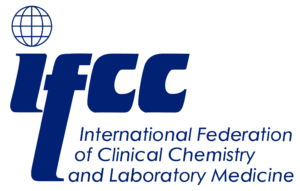Introduction
Pharmacogenetics (PGx) is a well-researched tool to improve pharmacotherapy. So far, it has not been implemented into daily practice in Germany. In psychopharmacology, substantial benefit can be expected by using PGx due to the excessive CYP metabolism of the psychotropic drugs as well as already discovered target polymorphisms (e. g., serotonin receptor).
Methods
An evaluation of a naturalistic pharmacist-led pilot implementation of PGx testing in a psychiatric hospital in patients undergoing inpatient treatment for major depressive disorder was conducted. Length of stay, number of antidepressant switches, and rehospitalization rates were analyzed. A PGx-tested intervention cohort of n=49 was retrospectively compared to a control cohort of n=94 patients.
Results
The intervention cohort showed significantly shorter stays than the control, after correction of the length of hospital stay and the time to genotyping results (mean intervention: 36.3 d (SD: ±19.3 d); control: 46.6 d (±19.1 d); p=0.003). Antidepressant- naïve patients had the largest benefit from the PGx testing (intervention: 24.7 d (±13.5 d); control: 50.2 d (±22.5 d); p < 0.001. The number of antidepressant switches during the entire stay did not differ between the groups: 0.41 (0.64) vs. 0.21 (0.46); p=0.063 [95% CI -0.01-0.40]).
Discussion
Depressed patients, especially treatment-naïve, seem to benefit from PGx testing prior to treatment. Although the results of this retrospective evaluation are promising, more systematic prospective studies are needed to assess the effect of PGx testing on the treatment of major depressive disorder.

